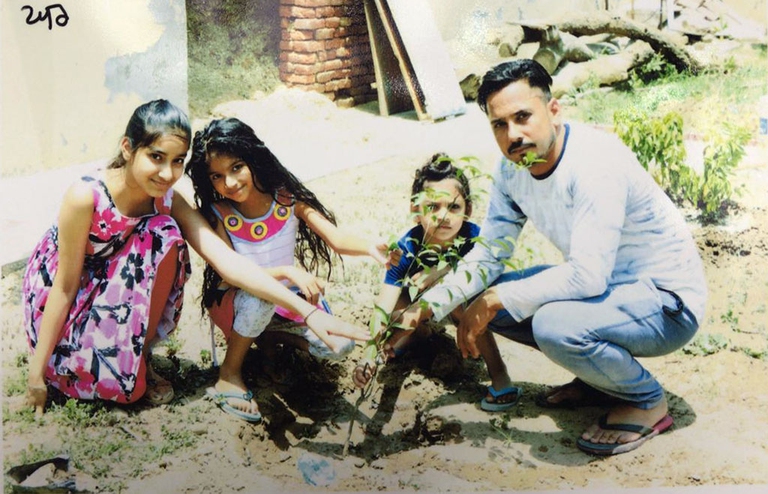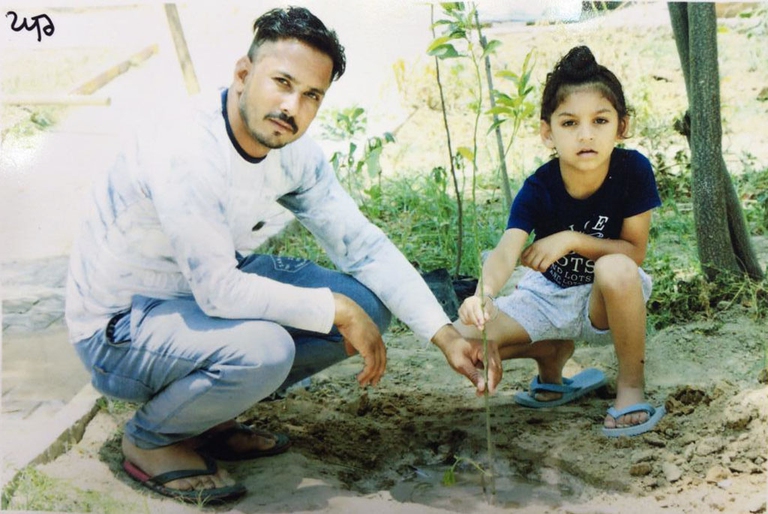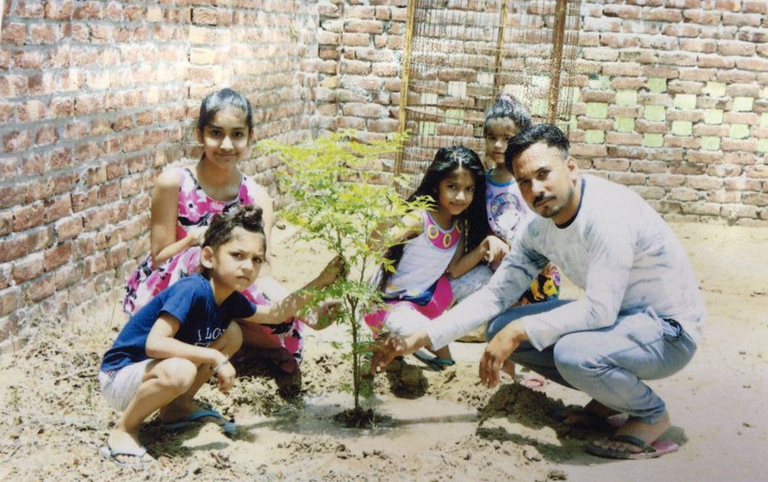
South African court dismisses a major lawsuit by 140,000 Zambian women and children against Anglo American for Kabwe lead poisoning. A setback for affected communities enduring the lasting impact of lead contamination.
Desperate times call for desperate measures. A district in the Indian state of Punjab that has been reeling due to an extreme water crisis has found a peculiar way to deal with it. The inhabitants of the northern state’s Ferozepur district have to plant at least ten tree saplings to obtain a firearms licence. It
Desperate times call for desperate measures. A district in the Indian state of Punjab that has been reeling due to an extreme water crisis has found a peculiar way to deal with it. The inhabitants of the northern state’s Ferozepur district have to plant at least ten tree saplings to obtain a firearms licence. It may sound bizarre but it’s a well-thought strategy devised by the local administration: trees are the natural rechargers of underground water and also slow down stormwater runoff. This is also a major step in creating awareness about an environment that has virtually been gasping for breath.
The order promulgated on World Environment Day on 5 June clearly states that those seeking gun licences have to plant at least ten trees.“We’ve strictly asked the applicants to plant ten saplings and take a selfie to get the application form for the licence,” says Chander Gaind, Deputy Commissioner of Ferozepur district, praised in government and public circles for this unique initiative. “The applicant has to visit us again after one month with a selfie to prove that the saplings are being taken care of. The official proceedings for the licence start only if the activity has been managed well”.
Chander says that he has received over 100 applications since the order was passed. “We aim to plant at least 12,000 saplings in the next year. We also plan to extend the rule to the renewal of licences, which would further boost the green environment. We receive around 500 applications for renewable licences every month and around 5,000 saplings can be grown in that period, which can translate into 60,000 a year”. The district alone has around 20,000 gun users, he adds.
“Since the implementation of the rule, I’ve been receiving accolades on social media”, Chander points out, specifying that the overwhelming response has encouraged him to create awareness on the project. “I think that the same rule, if implemented across the country, could bring a sea change in the environment and could help mitigate the water crisis.”
Read more: India, conserving rainwater in subsurface soil to fight water scarcity
Punjab, the state that derives its name from five rivers – Beas, Sutlej, Ravi, Jhelum and Chenab – has grappled with extreme water shortages throughout its history, like many other in India. Massive exploitation of underground water has led to water scarcity in several of the state’s regions. Guzzling water on rice paddies, for example, is one of the causes of the sorry state of affairs. In some of the districts, water has been rendered unsuitable for irrigation due to excessive use.
Government reports fear that Punjab is on the verge of becoming a dry state, and that the change may occur in just a few years if no timely action is taken to save underground water. Besides, extensive development works including widening of roads and building of flyovers has also led to dwindling green cover, which may in part be recovered thanks to the unique initiative adopted in Ferozepur.
Siamo anche su WhatsApp. Segui il canale ufficiale LifeGate per restare aggiornata, aggiornato sulle ultime notizie e sulle nostre attività.
![]()
Quest'opera è distribuita con Licenza Creative Commons Attribuzione - Non commerciale - Non opere derivate 4.0 Internazionale.
South African court dismisses a major lawsuit by 140,000 Zambian women and children against Anglo American for Kabwe lead poisoning. A setback for affected communities enduring the lasting impact of lead contamination.
Controversial African land deals by Blue Carbon face skepticism regarding their environmental impact and doubts about the company’s track record, raising concerns about potential divergence from authentic environmental initiatives.
Majuli, the world’s largest river island in Assam State of India is quickly disappearing into the Brahmaputra river due to soil erosion.
Food imported into the EU aren’t subject to the same production standards as European food. The introduction of mirror clauses would ensure reciprocity while also encouraging the agroecological transition.
Sikkim is a hilly State in north-east India. Surrounded by villages that attracts outsiders thanks to its soothing calmness and natural beauty.
Sikkim, one of the smallest states in India has made it mandatory for new mothers to plant saplings and protect them like their children to save environment
Chilekwa Mumba is a Zambian is an environmental activist and community organizer. He is known for having organized a successful lawsuit against UK-based mining companies.
What led to the Fukushima water release, and what are the impacts of one of the most controversial decisions of the post-nuclear disaster clean-up effort?
Nzambi Matee is a Kenyan engineer who produces sustainable low-cost construction materials made of recycled plastic waste with the aim of addressing plastic pollution and affordable housing.










